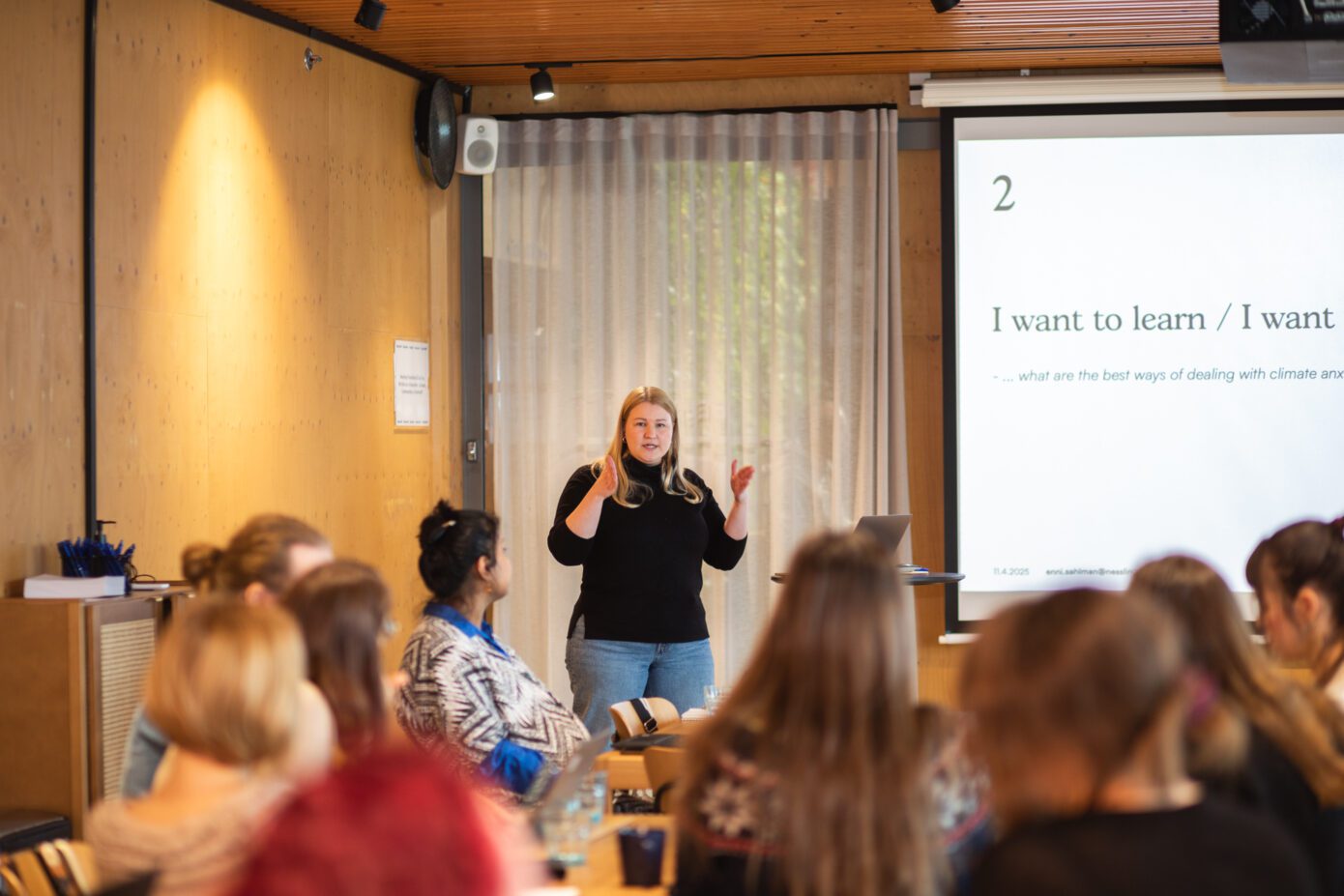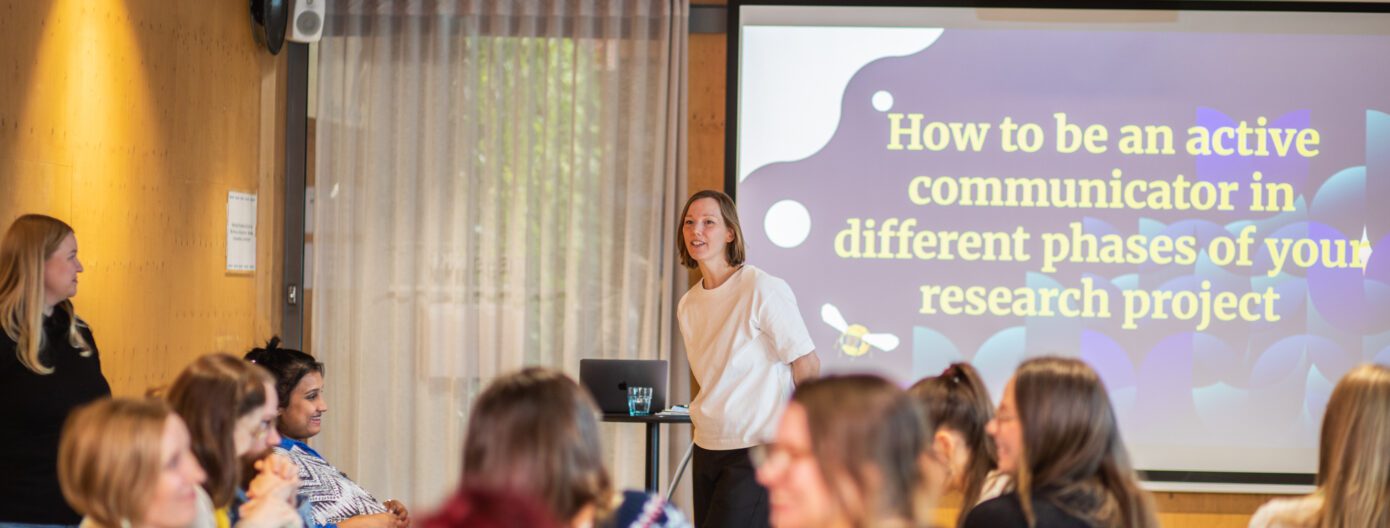Frustration mounts among researchers and other environmental advocates when their warnings about the urgency of the ecological crisis fail to lead into action. Does the problem lie in the communication of the scientific community or in the audience’s failure to listen?
The author is an Impact Specialist at the Nessling Foundation whose work includes supporting researchers in advancing the societal impact of their work, particularly through communication.
Despite having all the necessary knowledge, why is the sustainability transformation still not taking place? This frustration was recently addressed in Suomen Kuvalehti, where researchers reflected on why decades of communication about the severity of climate change has failed to lead to sufficient action.
The problem may not necessarily be a failure of communication. The ecological crisis, climate change, and the sustainability transformation are all phenomena that cut across all areas of society. Addressing them requires determination and profound structural change. And as with any change, there are always both winners and losers. Change touches upon values and attitudes, making it inherently difficult and often slow to materialise.I can nevertheless relate to the frustration of researchers.
At the Nessling Foundation, we encourage researchers to share their research findings and expertise with society. Helping and advising the researchers we fund in communicating their work is an important part of my work. When researchers ask me how they might make their findings more impactful, or what would be the best way to communicate them, I find myself, given the current state of the world, increasingly tempted to answer: I don’t know.
Naturally, I don’t give that answer. Instead, I walk the researcher through a path of questions:
- What do you want to achieve – what do you want to change?
- Who needs to hear about your work, change their behaviour, or support you?
- How and where can you reach them?
- And once you reach them, how should you frame your message?
On this basis, I then suggest for example to get in touch with the media, arrange to speak at a certain event, call a certain organisation, or collaborate with certain partners.
I offer this advice while recognising the underlying tension that traditional science communication may not be enough. A single researcher can often end up carrying their message alone. At the same time, truly new and more effective approaches have yet to be developed. Even international scientific panels such as the IPCC and IPBES seem unable to get their messages across to the necessary extent. The same applies to scientific panels in Finland.
Leading international scientists have literally begun their research reports with the words ” We are on the brink of an irreversible climate disaster”, received substantial public visibility on their research – and still have not succeeded in bringing about meaningful action. No wonder, one feels frustrated.
Those seeking to slow down climate and environmental action are not falling silent. Researchers must therefore be even more vocal and determined in defending science-based knowledge. In a situation where traditional science communication is no longer enough, the most effective methods are found through bold experimentation: by using storytelling, renewing communication approaches, exploring new channels, and, above all, working together.
From now on, I think I will start adding a new piece of advice to my toolkit for researchers: Don’t let frustration turn into paralysis – instead, channel it into action. Even a single researcher can achieve a great deal: they can do their best.
When the time is right to accept the transformation, the solutions must be in place. They lie within research – particularly within the research that has been consistently communicated.


